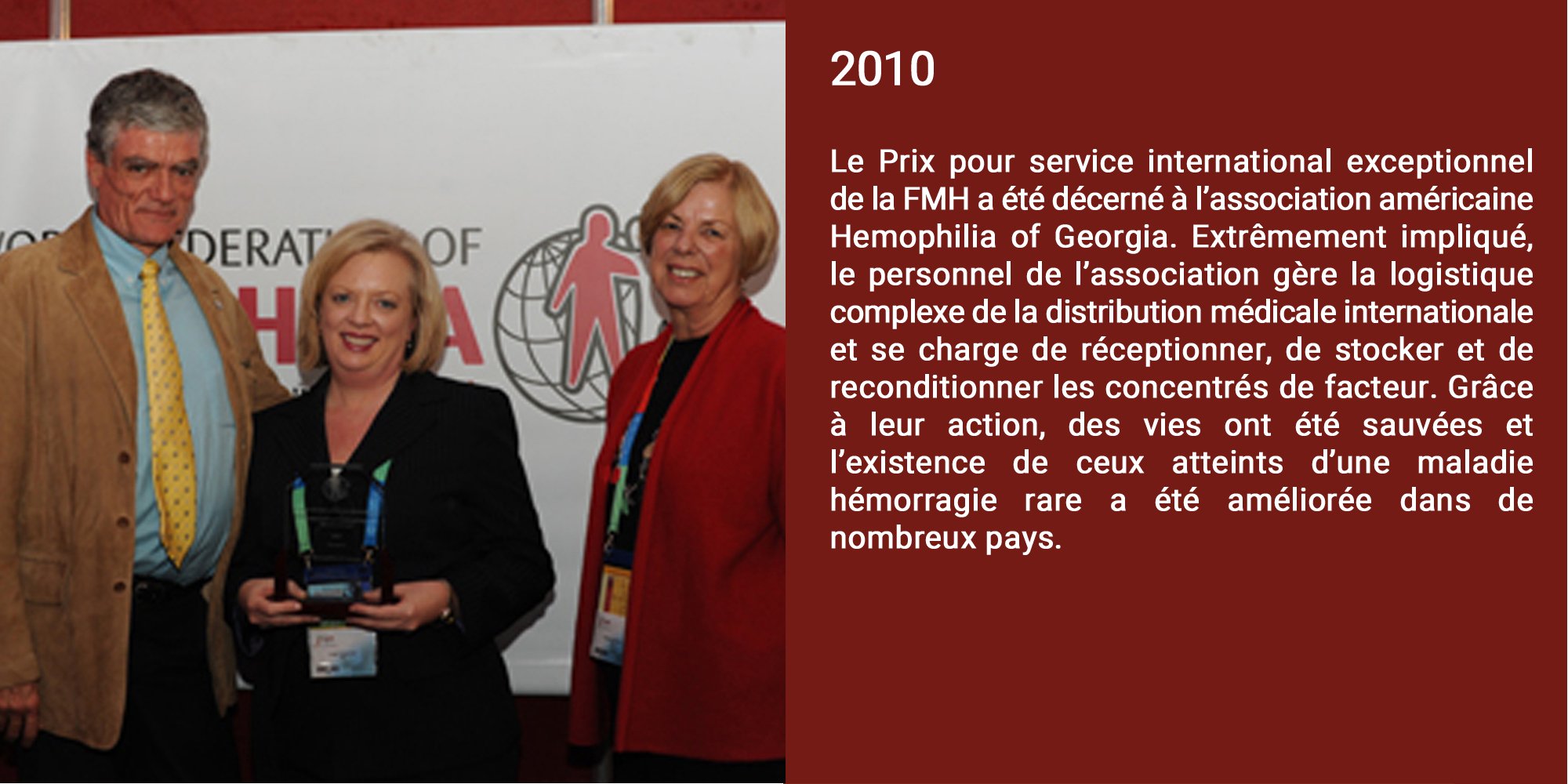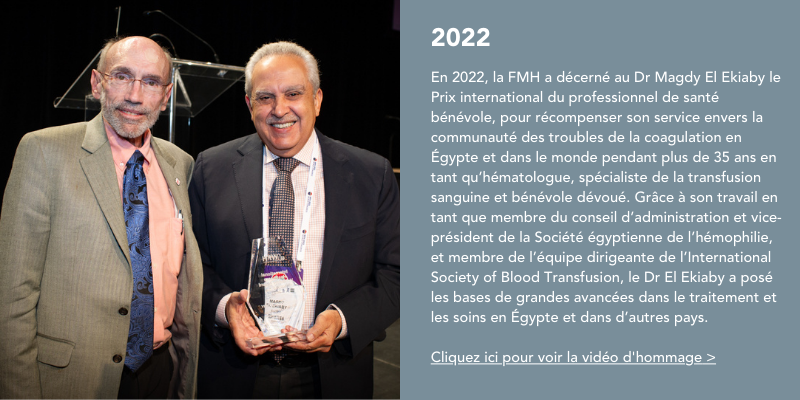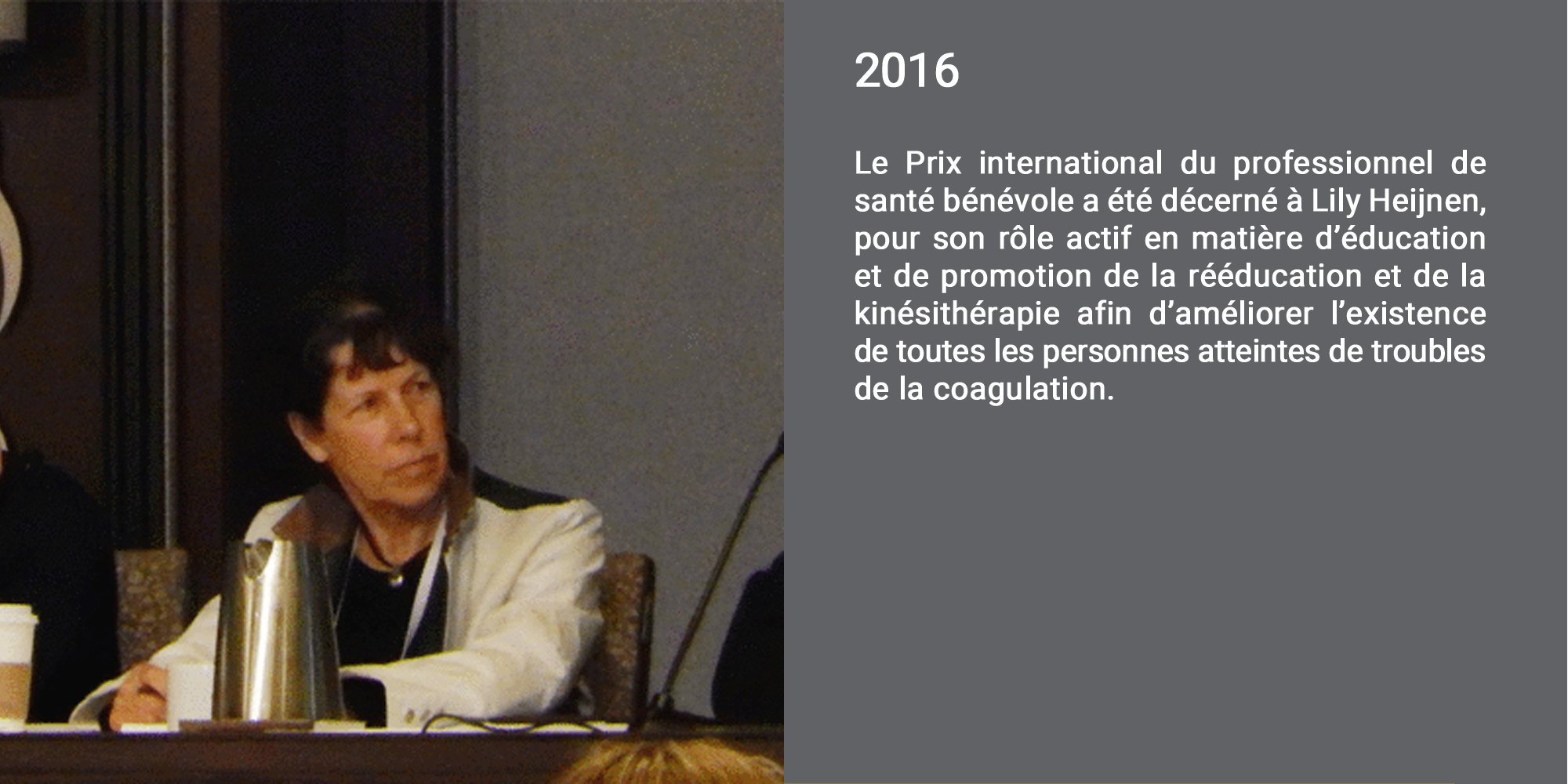Today, the session “The challenge of evaluating and managing pain” was given at the WFH 2022 World Congress. The event was chaired by Barbara Konkle, Research Director and Professor of Medicine at the Washington Center for Bleeding Disorders, U.S.A., and World Federation of Hemophilia medical board member.
Tyler Buckner, Associate Professor, Medicine-Hematology at the University of Colorado, Anschutz Medical Campus, U.S.A, gave a talk called, “Evaluating pain from a patient-centered perspective”. He looked at why we need to measure pain, how to measure pain, and what to do with the results. Findings show that there is a high prevalence of pain among people with a bleeding disorder (PWBD), especially in those with joint disease, and that the pain is highly impactful to the patient’s quality of life. Buckner said thought must go into measurement tools. And, once we have results, we must integrate pain measurement into practice, and incorporate mental health assessments into care. Ultimately, we want to create a conversation and foster shared decision making.
“Managing pain from a broad biopsychosocial perspective” was given by Nathalie Roussel, Associate Professor at the University of Antwerp, Belgium. She said that there are many challenges to assessing pain, such as hemophilia severity, joint health, mental health, misbeliefs, deconditioning, and malalignment. In terms of managing pain, we must look at many factors, such as information and communication, lifestyle, braces, aids and other adaptations, medication, surgical options, exercise, and psychological intervention. She found that pain is poorly related to structural damage, and that it is multifactorial. Roussel also found that information and communication; psychosocial interventions; exercise and physiotherapy; medication; and lifestyle changes can all help patients better manage pain.
Valérie-Anne Chantrain, PT, MSc, PhD candidate at the Universiteit Antwerpen, Belgium, gave a talk called, “The impact of pain on sleep and quality of life”. She found that in terms of sleep, chronic pain patients spend less time asleep, have a greater delay in sleep onset; experience poorer sleep efficiency, and have arousals. Chantrain says that sleep deprivation leads to cytokines secretion, which leads to morning interleukin, which leads to rheumatoid arthritis, arthritis, hemophilic arthropathy and joint pain, and swelling and joint destruction. Proper sleep evaluation is important, including cognitive behavioural therapy for insomnia.
Unfortunately, the presentation for “Patient perspective” by Bojan Pirnat, Blood Safety and Supply Committee Member at the Canadian Hemophilia Society, Canada was not received in time for this article.













